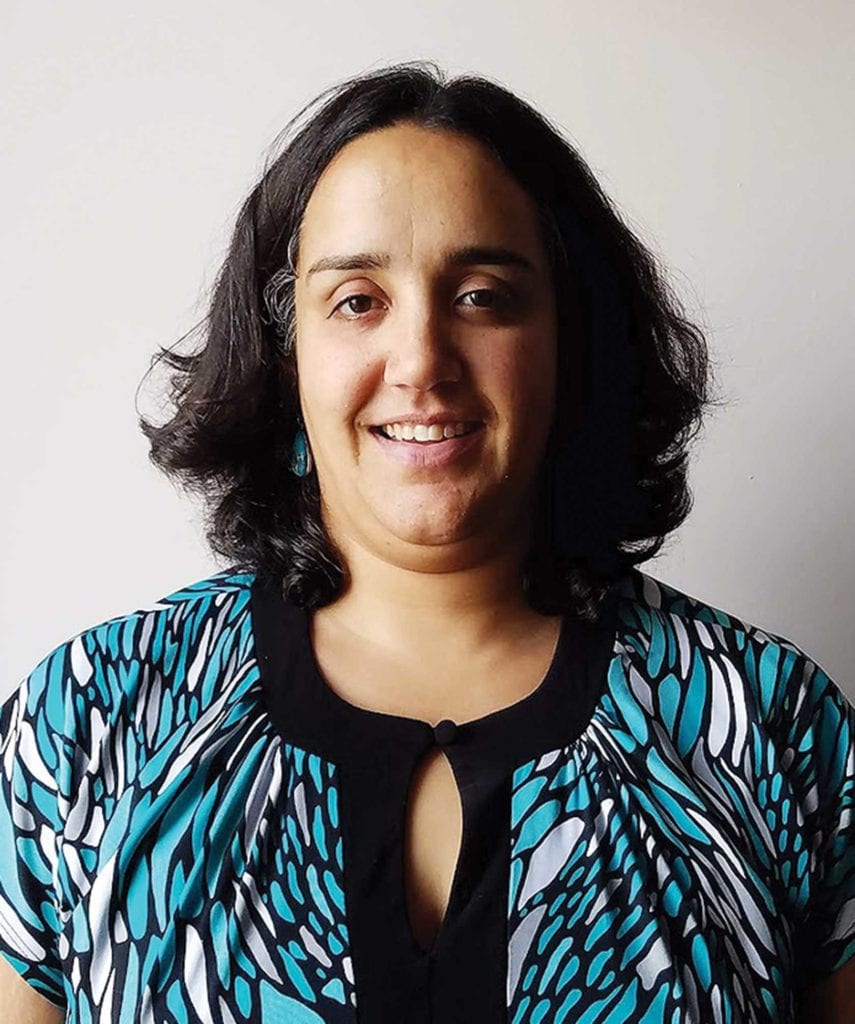
Shani Fletcher was appointed Grassroots program development officer for the City’s Department of Neighborhood Development. Fletcher will be responsible for creating and preserving community gardens, urban farms, and other open spaces, under the leadership of Chief of Housing Sheila Dillon.
“I am confident that Shani will be a tremendous leader and asset to the Department of Neighborhood Development,” Dillon said. “Shani knows that creating green spaces is much more than creating new gardens — it’s about creating a green community. She not only brings a comprehensive knowledge of community gardening and urban agriculture, but also a critical understanding of how our climate strategy provides the foundation to cultivate and sustain Boston’s environment.”
The Grassroots program supports the development of community gardens by providing grant funds, city-owned land, and technical assistance to neighborhood groups and nonprofits that want to organize, develop, own, manage, and maintain community gardens and open space in low- and moderate-income neighborhoods. Sites are selected through consultation with local residents and stakeholders.
“I have been consistently impressed by the city’s commitment to create more livable communities as shown by the development of new open spaces and the support for those that already exist,” Fletcher said. “It is a great honor to join the exceptional group of professionals at the Department of Neighborhood Development and support the Walsh administration’s efforts to build a better city by ensuring that our neighborhoods have thriving open spaces that will sustain Boston well into the future.”
Following Boston’s award from the Bloomberg American Cities Climate Challenge recognizing the city’s work to strengthen and accelerate its progress toward reducing carbon emissions, Mayor Walsh challenged department heads to make neighborhoods greener and even more climate-ready for the people of Boston. Fletcher is also tasked with identifying improvements to policies and programs that continue to position Boston as a national leader in urban agriculture.






